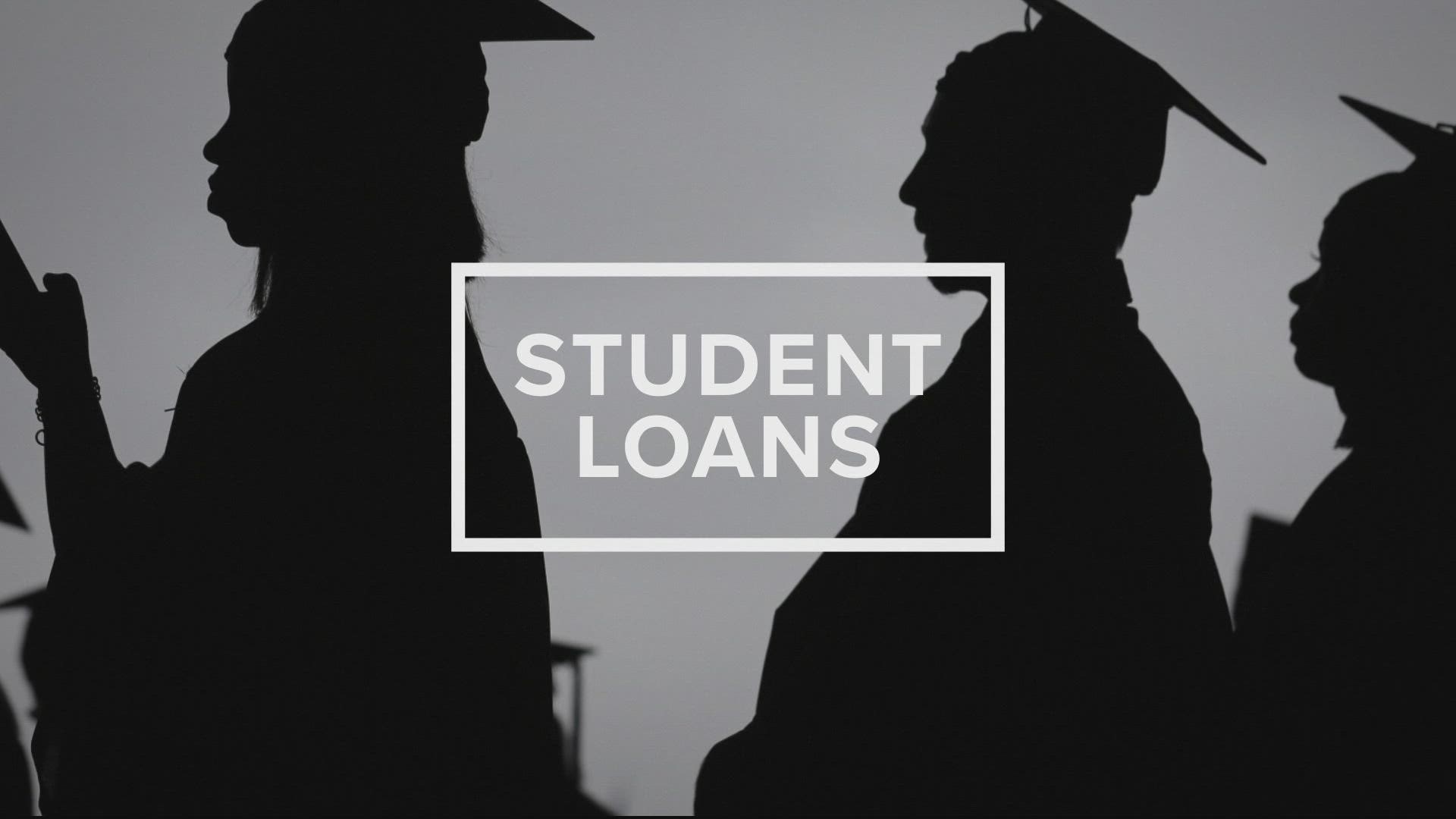WASHINGTON — Millions of Americans can soon apply for student loan forgiveness – up to $10,000, or $20,000 for Pell Grant recipients. The Biden Administration has said the applications will be available sometime in October, but in the meantime, you can start getting prepared.
THE QUESTION:
What can you be doing now to prepare for student loan forgiveness?
THE SOURCES:
- Department of Education’s student loan website
- The White House fact sheet on the program
- Jennifer Finnetti with ScholarshipOwl
- Melissa Byrne, student loan cancellation advocate.
WHAT WE FOUND:
For people who’ve long been pushing for student loan debt relief, it can’t come soon enough—so here's what you need to know to submit your application as quickly as possible.
First, make sure you’re qualified for forgiveness. That means, in 2020 or 2021, earning less than $125,000 a year as an individual, or $250,000 for a household, with loans held by the Department of Education (DOE). That also includes graduate and parent PLUS loans. Private loans are not currently included in the forgiveness program.
You can find out the type of loans you have by logging in to StudentAid.gov. While you’re there, update your profile, in case the Department of Education needs to get in touch.
“You want to make sure that all of your contact information, including your email, address, mailing address, and phone number is current and up to date,” said Jennifer Finnetti with ScholarshipOwl.
But if someone calls you offering help applying for forgiveness, Melissa Byrne, student loan cancellation advocate, says, hang up.
“That is a scam,” said Byrne. “And you should never ever, ever pay anybody for help to get your student loans canceled. This is a free service.”
The Biden Administration has said the application will be simple. The Department of Education notes online: applicants won’t need to upload any documentation or have an FSA ID. Qualifying borrowers already on an income-based repayment plan–about 8 million people–will be automatically eligible, unless they opt out.
Once open, the application will be available until the end of next year. DOE expects applications will take about six weeks to process, which will happen on a rolling basis.
Because the student loan payment pause expires at the end of this year, the Department of Education encourages people to apply for relief by mid-November.
“I would generally tell everyone right now, just to make sure you turn off all your auto debits so that way, there's no chaos when if loans when loans turn back on in December in January,” said Byrne.
You can also sign up for notifications directly from the Department of Education, so you’ll know the moment the applications are available.

